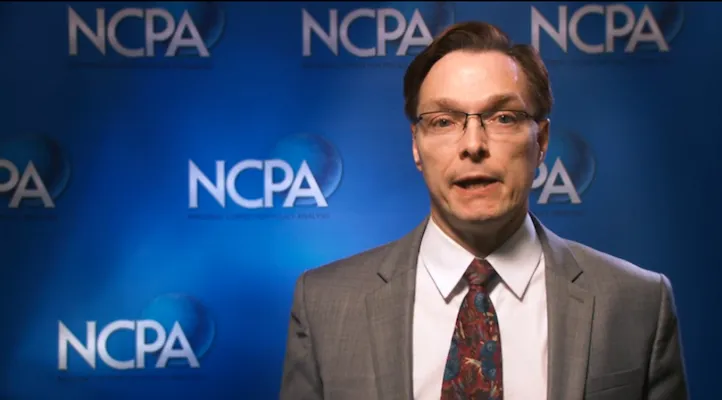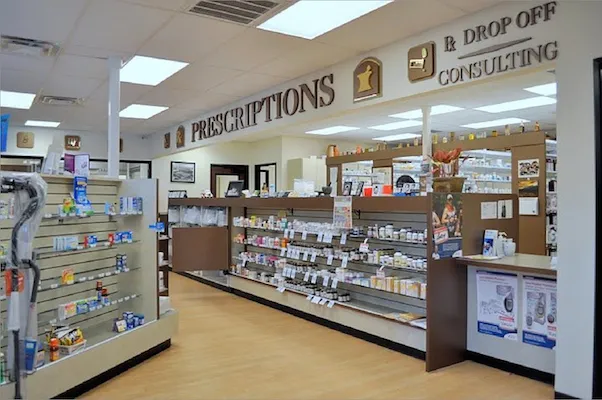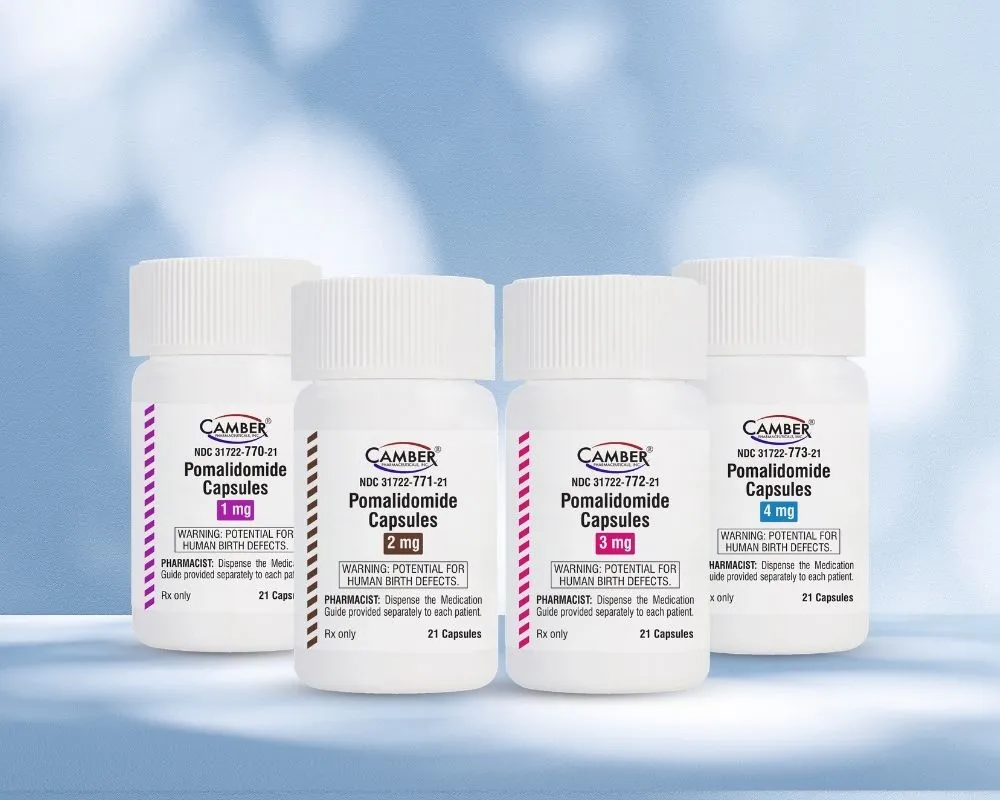Community pharmacies are likely to take exception to some of the findings in a new report from the National Center for Policy Analysis (NCPA), titled “New Drug Plan Regulations Protect Pharmacies, Harm Consumers”.
The report by NCPA senior fellow Devon Herrick notes that, compared with hospital and physician care, drug therapy is the most cost-effective way to treat most diseases and health conditions. However, stepping up “unnecessary” regulations on drug plans could result in higher costs on the 220 million Americans who get their medications through a managed drug plan, according to Herrick.
“The degree to which drug benefit plans are managed efficiently helps makes medications affordable,” he stated. “Blatant protectionism through restrictive drug plan regulations may be touted as consumer protections, but more often than not they are designed to benefit local pharmacy service providers at the expense of consumers.”
Examples of drug plan regulations that harm consumers, Herrick said in the report, include banning preferred pharmacy networks, limiting mail order pharmacies, inhibiting specialty pharmacy networks and obstructing competitive bidding.
“PBMs reduce premiums by contracting with qualified pharmacies offering competitive prices. Pharmacies and other suppliers excluded from the network (due to price or quality considerations) lobby sympathetic politicians to force PBMs, health plans, drug plans and insurers to do business with noncompetitive pharmacies, which increases costs to consumers,” Herrick wrote in the report. “Recent legislative proposals — some that passed and some that didn’t — would weaken or prohibit these agreements health plans negotiate with pharmacy networks. These regulations have tilted the playing field further away from free market competition and are likely to continue.”
Recent legislative proposals negative impacting agreements that health plans negotiate with pharmacy networks include the following, the report said:
• In early 2014, the Centers for Medicare & Medicaid Services proposed a ban on exclusive “preferred networks,” where seniors are offered lower cost-sharing in return for patronizing a preferred pharmacy network. “Many industry observers believed the proposal was due to lobbying by pharmacy trade groups that preferred to avoid competitive bidding for inclusion as a network provider,” the report stated.
• Also in 2014, California debated and narrowly avoided regulations that would have forced health plans to use unqualified pharmacies to administer the most advanced specialty drug therapies and made it harder to offer discounts for mail-order drug delivery to enrollees’ homes.
• Early this year, the Colorado Senate introduced a bill to prohibit health plans from offering financial incentives (such as lower-cost sharing) to fill costly specialty drugs at designated network pharmacies or by health plans’ lower-cost, mail-order pharmacies.
• Arkansas just passed a new law increasing the paperwork burden on drug plans and allowing pharmacies to refuse to fill prescriptions deemed unprofitable, despite prior agreements to participate in the plan.
“Drugs are the greatest bargain in the U.S. health system,” Herrick stated. “Residents of states contemplating restrictive drug plan regulations should tell their elected representatives to resist these initiatives and allow competition to keep consumers’ costs in check.
“A better way to ensure desirable outcomes is to promote a competitive environment where health and PBMs partner with the pharmacy networks that can ensure the best possible care at the best possible price,” the report concluded.
*ADDENDUM — April 23*
Unsurprisingly, the findings in the National Center for Policy Analysis report were blasted by another NCPA — the National Community Pharmacists Association.
In a blog posting on Thursday, titled “That Man Behind the Curtain? Pay No Attention,” the community pharmacy trade group called the National Center for Policy Analysis study “a one-sided regurgitation of questionable claims previously made by PBMs, with the intent of growing their billion-dollar profits at the expense of patients, payers, local economies and community pharmacists.”
Patient access to pharmacy services, not to mention patient health outcomes, are at stake when consumers are compelled to use a preferred pharmacy or to get their prescriptions via mail order, the National Community Pharmacists Association noted in the blog post. “Mail order is not for everyone, and most patients prefer to use a local pharmacy for face-to-face consultations and, in some cases, same-day home delivery,” the association said in the blog.
And regarding preferred pharmacy networks, the National Community Pharmacists Association blog said, “Instead of being limited to mail order or steered by PBMs to a certain pharmacy, patients should be able to access discounted co-pays at any pharmacy that is willing to accept the insurance plan’s terms and conditions. Some patients currently face onerous trips to access discounted co-pays at one of their Medicare drug plan’s ‘preferred’ pharmacies. Most of these drug plans fail to meet the government’s convenient access standard in urban areas.”









